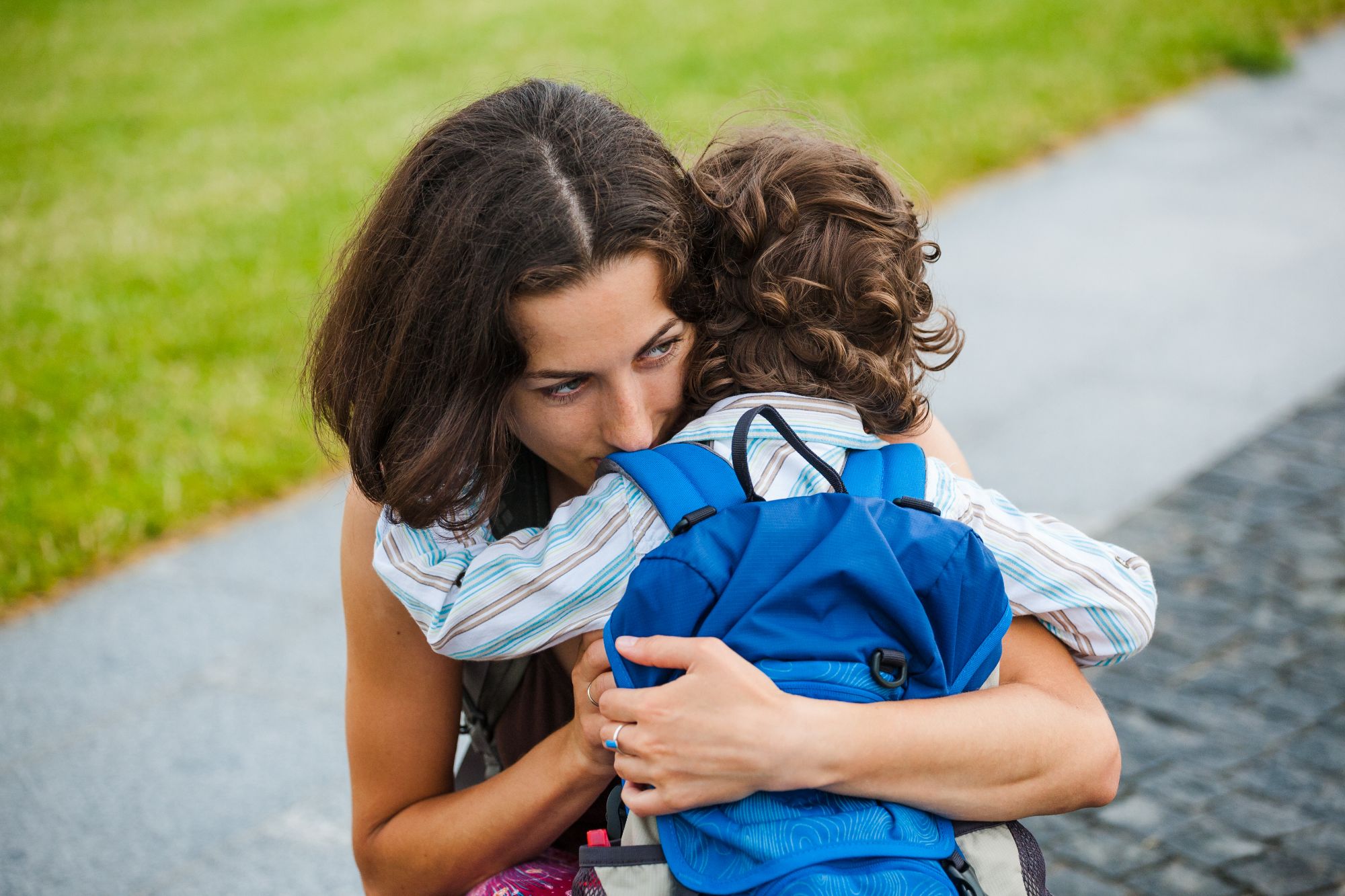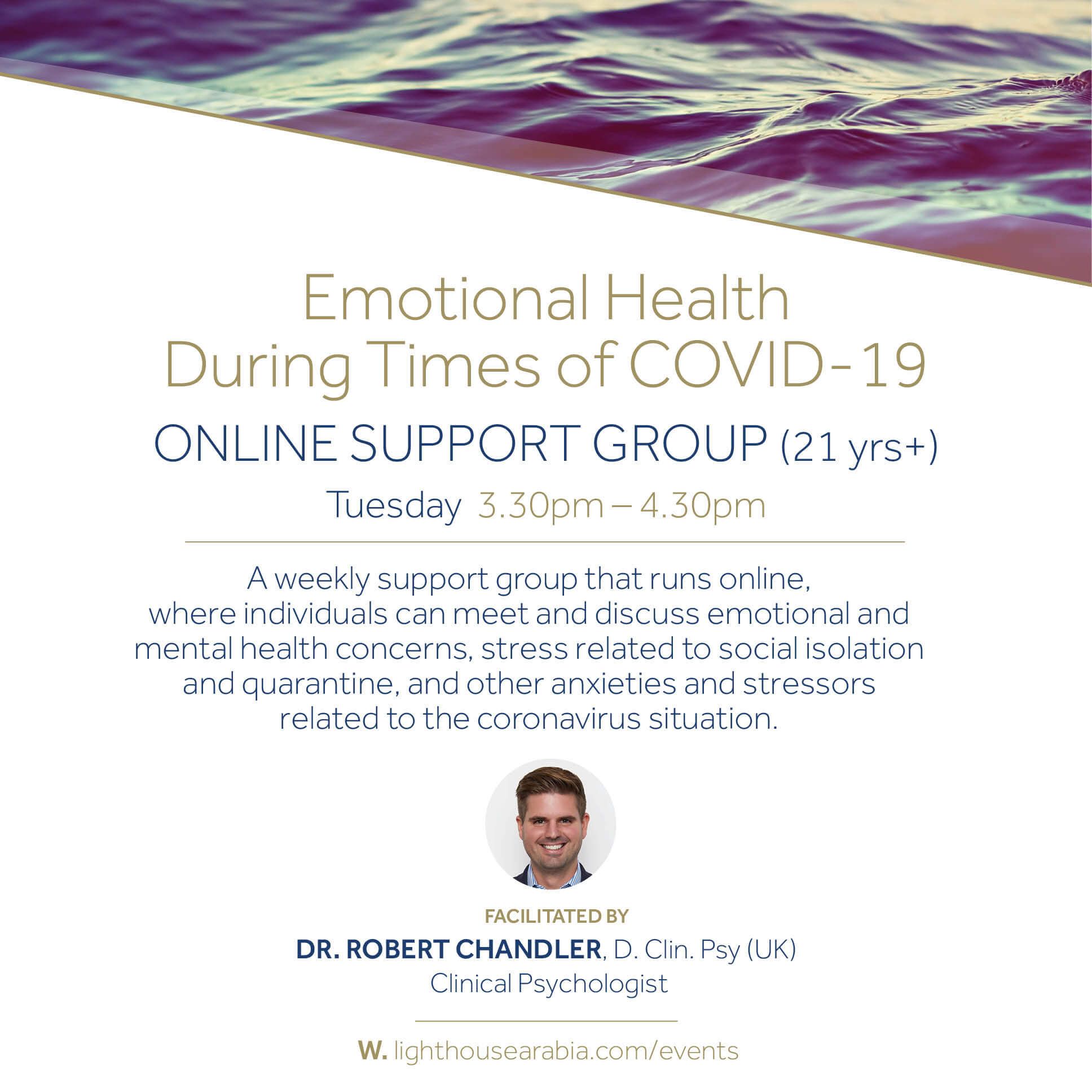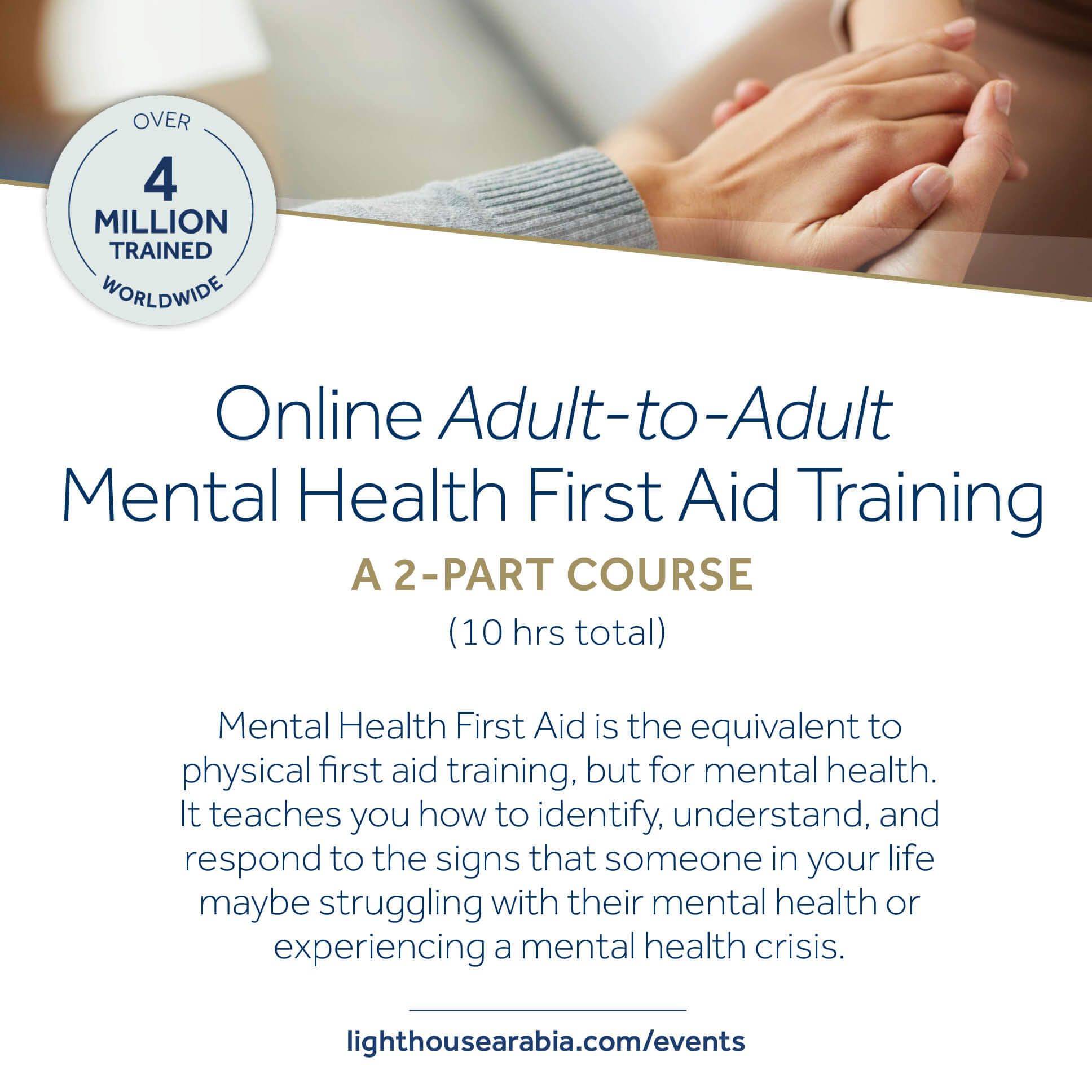
Our top tips for helping children cope with separation anxiety
-
Listen and validate big feelings
Set aside time to listen to your child’s concerns, while letting them know that what they are experiencing is normal. Help them make sense of their feelings by naming these emotions. For example, ask them if they feel scared about starting school. We often use the phrase, "Name it, to tame it""in our work. Big feelings, such as anxiety, can be overwhelming for children and putting words to their experience often helps them feel understood. -
Create predictable routines and rituals
Children often feel safe when the world around them is predictable. Therefore, incorporating school day routines and rituals can help a child to know what is happening next. With this in mind, try to build in school-day routines, adjusting the mealtime and bedtime, at least a few days before the school starts. Also, talk to your child about the morning routine, what to expect on the first day of school, who their teachers will be, what they can look forward to at the school and what they will do afterwards. Create a loving, warm and firm goodbye ritual that you must follow consistently every day.
-
Use a transitional object
A transitional object is something that represents the parent-child bond during the time apart. Research shows that transitional objects provide comfort, helping a child to adapt to new situations. These can even aid in learning.
Ask your child if he wants to take something to school that reminds him of you. For younger children, this could be a favourite teddy, a picture of home or a pin on their clothes. For older children, this could be a note in their lunchboxes or a family photo. - Be aware of your own feelings
Children are incredibly sensitive to the ways adults behave around them, taking cues from what they observe. If they see that you are upset or worried, this may signal to them that something is wrong. It is important to remain calm, showing that you are confident in your child’s ability to cope and believe that they will have a good day at school. Be warm in your tone and confident in your actions. Equally, it is important to look after your feelings about the separation, ensuring that you are also supported during this time.
- Words of encouragement
Finally, praise and reward your child for their brave behaviour at school.
This will help build self-esteem, allowing them to see the progress they are making. This will also teach them how to acknowledge effort and give a pat on the back when they do well.
For more parenting advice and support, follow our LightHearted Parenting platform on Instagram @lightheartedparenting.







